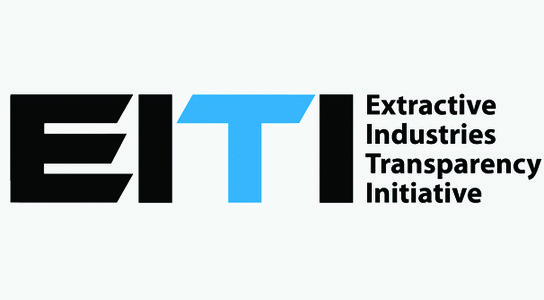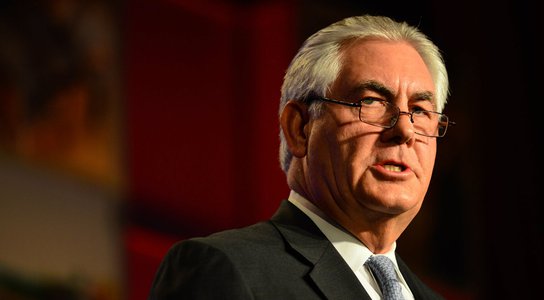In a letter published today, Global Witness has joined forces with leading transparency and anti-corruption organizations including Publish What You Pay-U.S. and Oxfam America, to urge the Board of the Extractive Industries Transparency Initiative (EITI) to take action against oil giants, ExxonMobil and Chevron, over their persistent refusal to publish U.S. tax payments, a clear violation of the EITI Code of Conduct.
Since its formation, the EITI – a global anti-corruption program for the oil, gas and mining sector – has required comprehensive disclosure of payments from companies to governments, including taxes. However, in both 2015 and 2016 the two oil companies refused to do this.
In response to criticism from civil society in 2015, ExxonMobil used the excuse of the impending implementation of a related law, known as the Cardin-Lugar anti-corruption provision of the Dodd-Frank Act, to justify their failure to publish tax data under EITI rules. Their statement said they were waiting for the final rule to be issued before they would disclose this information.
However at the same time and even as the companies claimed to be “very committed” to tax reporting, the American Petroleum Institute (API), whose biggest and most influential members include ExxonMobil and Chevron, was engaged in a fierce campaign to dismantle this Cardin-Lugar anti-corruption law. Secretary of State Rex Tillerson, a former Chair of API, lobbied against the law when he was Exxon CEO.
Speaking ahead of the EITI Board Meeting in Oslo on February 13 and 14, Corinna Gilfillan, Head of Global Witness’ U.S. Office, said:
“The sheer hypocrisy of these companies is staggering. On the one hand, they claim to be supportive of transparency and yet, on the other, they have wilfully refused to disclose tax information as part of the U.S. EITI process and have aggressively lobbied to undermine a vital transparency provision that is important for investors, U.S. foreign policy interests and citizens across the globe. ”
Civil society organizations across the world are using data published under similar EU and Canadian anti-corruption laws to push for change across the extractive industries.
Gilfillan added: “The EITI will simply not be fit for purpose if ExxonMobil and Chevron remain either supporting companies or Board Members while continuing to refuse to publish basic tax information required as an integral part of the initiative. They cannot expect to be board members while they continue to keep people in the dark—these are the conditions which fuel corruption and instability.”
/ ENDS
Contacts
Notes to editor:
About Section 1504 of Dodd-Frank:
The Cardin-Lugar anti-corruption provision, Section 1504 of Dodd-Frank, requires U.S.-listed extractive companies like Exxon, Chevron and several Chinese oil majors to publish details of the hundreds of billions of dollars they pay to governments across the world in return for rights to natural resources.
As noted above, Global Witness is one of the leading organizations using data like this to effectively drive change across the extractive industries. But it is not the only one – this data is essential for many civil society organisations holding companies to and governments to account, for example.
- In Uganda, civil society groups used tax payment data published under the EU anti-corruption law to uncover a $14 million discrepancy between oil companies’ payments and government receipts. Equipped with this information, the groups called on government officials to provide an explanation for the discrepancy and highlighted the issue in Parliament to the Public Accounts Committee.
- In Zimbabwe, civil society groups used tax data disclosed under the EU law to empower mining-affected communities by developing their skills for assessing local mining tax revenue disclosures together with government budget statements. This has boosted communities’ calls for better funding for local development projects from the proceeds of mineral extraction.
You might also like
-
Press release Joint statement: Civil Society Network withdraws from UK Extractive Industries Transparency Initiative (EITI)
The decision to give special status to one civil society organisation over its peers goes against the EITI’s founding principles. We withdraw from the process with immediate effect.
-
Report The EITI and Global Witness
When launched in 2001, the Extractive Industries Transparency Initiative (EITI) was a remarkable global multi-stakeholder initiative focusing on a critical global development issue: how to make sure that the billions of dollars of oil and mining wealth flowing into national budgets is better tracked and managed.
-
Press release Rex Tillerson shares Exxon’s tax transparency problems
US citizens need to know that the people running our country respect the fundamental principles of our democracy. So it matters that former Exxon CEO Rex Tillerson is refusing to provide his tax returns before becoming US Secretary of State.